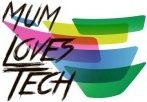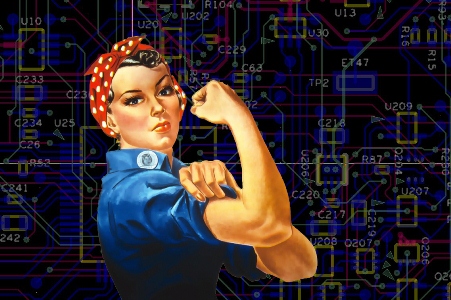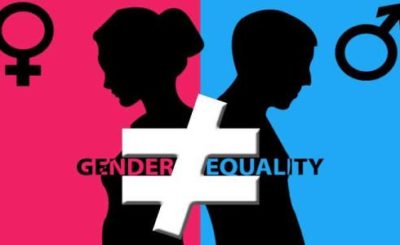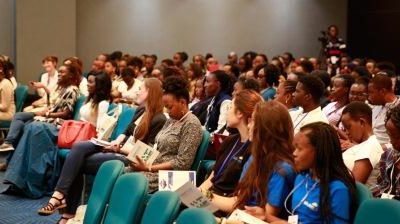The level of IT skills support accessible to African youth is commendable. Stakeholders seem more interested in investing in this group. Senior women have been left out yet they can also benefit from such support particularly in the form of digital training.
Efforts to spread digital literacy to African youth are seen as key components of empowerment across the continent. An example of such is the Ajira digital in Kenya, an initiative of the Ministry of Information, Communications, and Technology (ICT) that seeks to empower youths through offering digital training and providing tools needed to get online jobs. To date, numerous face-to-face and online sessions targeting young people have been organized and their success can be felt: a majority of youth entering the African labor market each year possess necessary digital skills that have become a prerequisite for those who wish to join the labor market.
At present, only a few organizations are exploring ways of creating ways to empower senior women. Despite the increasing internet penetration, the women in rural areas are less likely to use the internet for banking, making purchases on e-commerce websites, or accessing government services. This pattern is also prevalent despite the fact that a significant percentage of businesses are set up and managed by women who can take advantage of the internet to grow their businesses.
Digital training can ensure that these women benefit from the unprecedented wealth of resources, a step that would, in turn, work to reduce barriers to access to valuable information that can help them integrate digital tools and various technologies into their personal and professional lives. It would be a great opportunity for these women to explore digital channels that can generate some revenue.
Digital training ideas
The intention of this digital training would be to help these women acquire valuable skills for personal, employment and professional development. For personal development, this group will benefit largely as it will enjoy the convenience of online and mobile money transfer technologies and online health and fitness information. They can access healthcare information which can, in turn, help them deal with everyday health problems such as menopausal symptoms and cracked feet.
Data shows that over 50% of the world’s farmers are women. The target group can thus be taught how to use apps to access weather data, learn about new farming technologies, network with other farmers, and connect to the market with the help of platforms such as M-Farm.
In Africa, a majority of rural women possess average or poor ICT skills. In that case, it would be important to consider equipping them with basic ICT skills first before exposing them to the technical part of devices and other technologies. A majority of women in the target group own smartphones but most do not know how to operate the handset beyond making phone calls and messages. In addition, the use of laptops and PC’s among this group is slightly lower than that of men since they conduct much of their everyday activities without the help of technology. An introductory course to ICT can then be followed by device usage training.
The other concept would be the application of ICT technologies. There are many unfamiliar ICT concepts among senior rural women. These concepts include web-search, online communication, digital marketing, e-safety, interaction, social networking, and netiquette.
To meet the knowledge and skill needs of the target group, many practical tasks would be a great teaching method for this group. Presentations would make the training interesting and impactful.
Reducing the digital divide
Presently, only a small percentage of senior rural women use the internet. This may be because of some cultural barriers, a lack of understanding of potential benefits or lack of access.
One of the objectives of the digital training course for these women should be to bridge the growing digital skills gap between generations. By supporting the inclusion of this group of women into the digital society, stakeholders will be helping ease the issue of a digital divide.
Bridging the digital divide through giving senior women more control over their lives is important for the society as a whole. Wasting such opportunities can cost economies since the women’s contribution would be restricted. On the other hand, if these women are equipped with knowledge and access to information, they will acquire necessary skills that can help them grow their businesses and take care of their families. African countries need to appreciate the impact of digital technologies and the potential they have if no one is left behind.
The online environment offers limitless opportunities especially for sharing knowledge and ideas. In that case, no one should be left behind. The benefits should be spread across all generations. The vast and instant information available online has the potential to positively influence the opinions, attitudes, and perceptions of senior women in addition to unlocking talent and fostering creativity and innovation. Therefore, digital training would be a great step to enhance digital competence for personal and professional development as well as foster social inclusion among senior women in rural areas. It has the potential to transform the lives of these women regardless of their academic background.







Leave a Reply